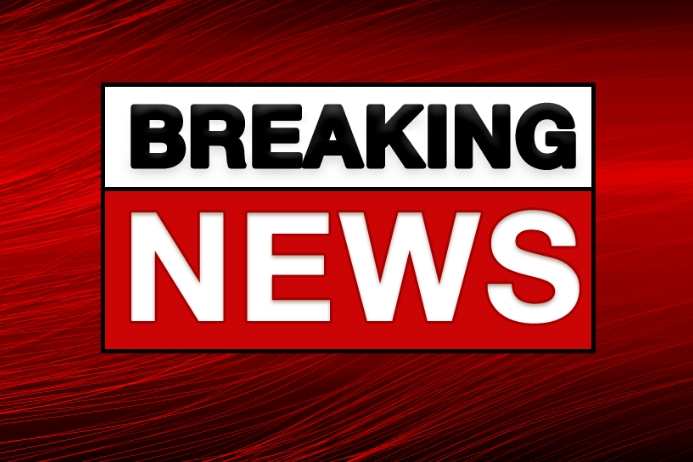Bloomberg Poll
OpenLife Nigeria has reliably gathered that
Nigerian businessman and ex-governor Peter Obi remains the top choice to become the nation’s next president, according to a new Bloomberg poll.
Two-thirds of respondents said they intend to vote for Obi, a third-party candidate, in elections scheduled for February 25.
The results of the survey conducted for Bloomberg News by Premise Data Corporation were published on Friday – 15 days before the vote to choose President Muhammadu Buhari’s successor.
Of the 93% of participants, who said they’ve decided how to vote, 66% named Obi as their preferred choice. Obi scored a slightly higher 72% among decided respondents in an earlier Premise poll that was released by Bloomberg in September as the official election campaign kicked off.
While Obi’s campaign has generated a momentum that the two established forces in Nigerian politics were not expecting, the ruling All Progressives Congress (APC) and main opposition Peoples Democratic Party (PDP) insist that he cannot triumph on Feb. 25. They say his appeal is too thinly spread across the country’s states and have derided polling that has almost universally put the candidate of the much smaller Labour Party (LP) in first place.
Still, Obi has emerged as the most popular candidate in six polls including the two surveys conducted by Premise for Bloomberg. Another poll released this week by Lagos-based media and data company Stears predicted that Obi will win in the event of high turnout, but lose to Bola Tinubu of the APC if participation is weak.
Dismissed by his opponents as a “social media candidate,” Obi’s rise has been fuelled by disenchantment with the status quo. His campaign has attracted an enthusiastic following known as “Obidients” — initially online but increasingly at rallies and marches — even if the man they wish to help to Nigeria’s biggest ever electoral upset hardly has an anti-establishment background.
Pollsters say they account for Nigeria’s electoral makeup when designing their surveys.
San Francisco-based Premise polled 2,384 Nigerians from Jan. 26 to Feb. 4 via a smartphone app. Submissions were selected from quotas developed by age, gender and location across the country’s six geopolitical zones, the company said. Results were then weighted against the original quotas to ensure national representation.
About 44% of Nigerians own smartphones, according to the Alliance for Affordable Internet. Premise estimates that the access rate rises to 74% among the voting age population.
The candidates of the two parties that have ruled Nigeria since the restoration of democracy in 1999 finished in a distant second and third. Tinubu obtained 18% of decided voters and the PDP’s Atiku Abubakar tallied 10%.






